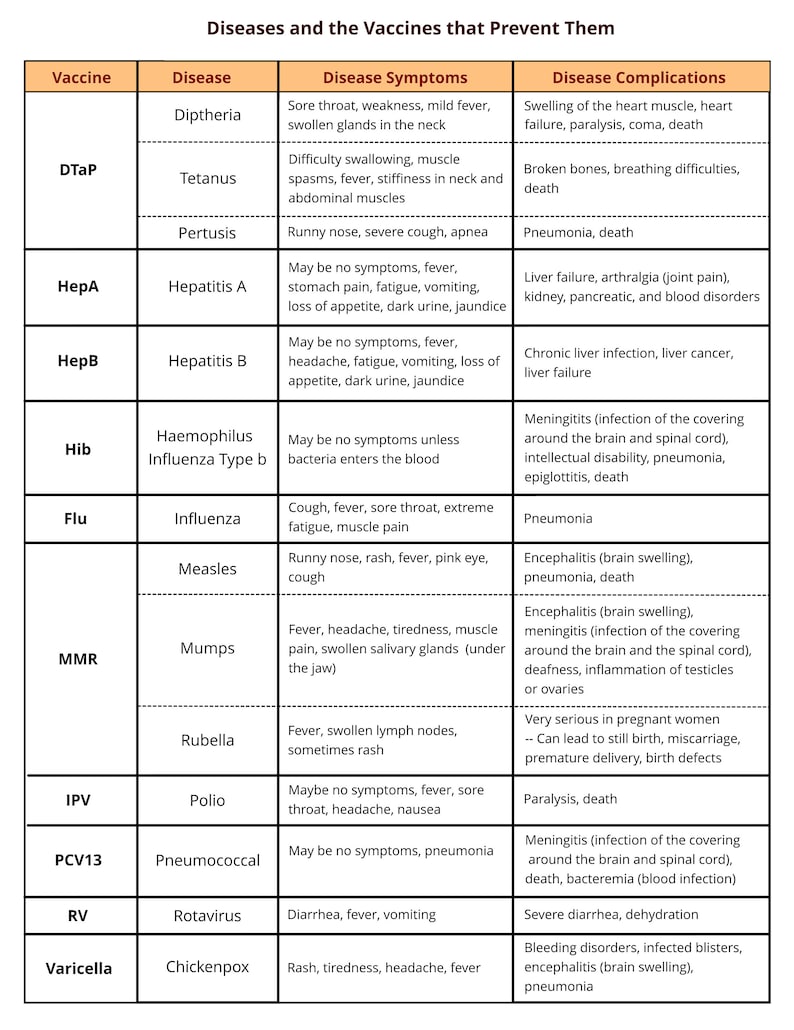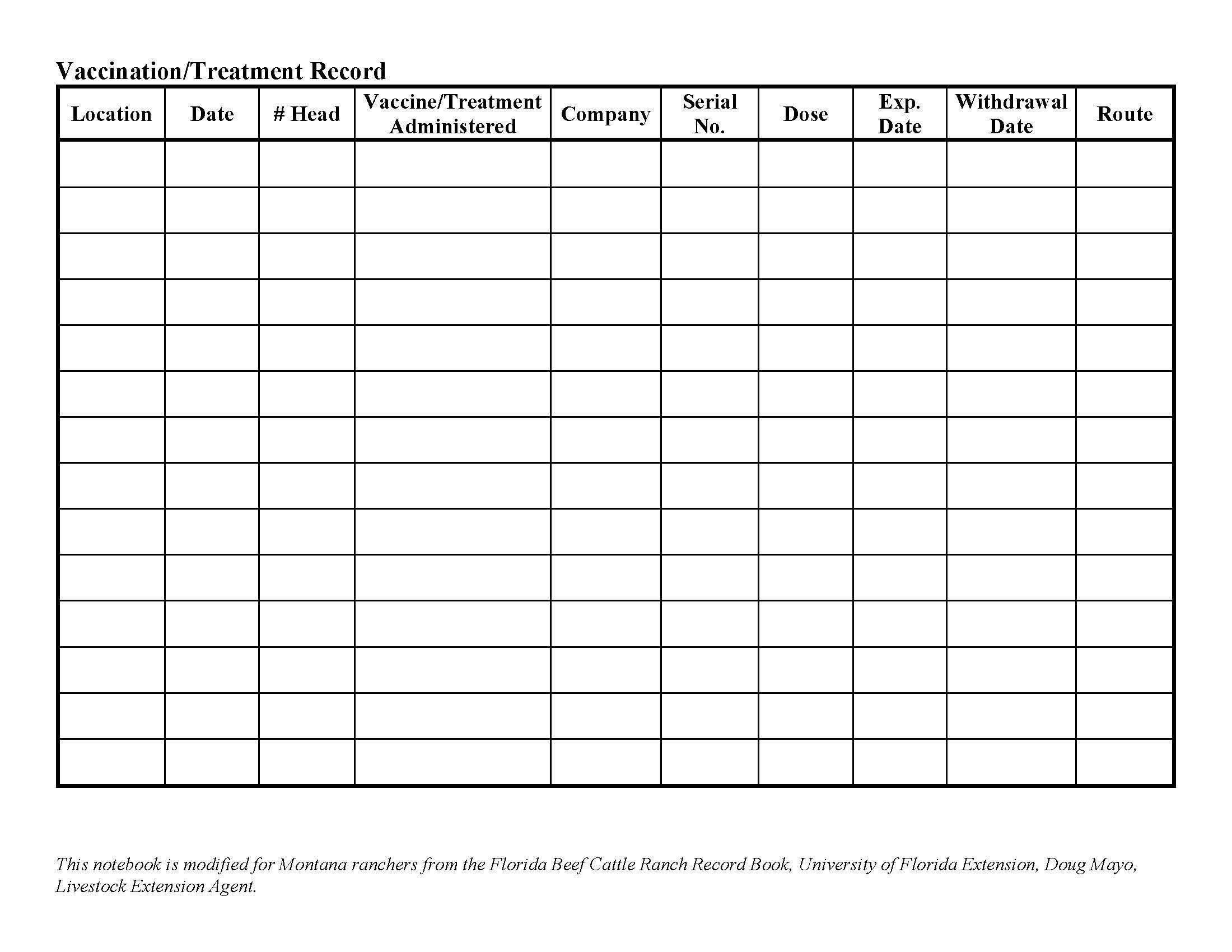As a responsible livestock owner, it is necessary to keep your animals healthy and protected from various diseases that can infect them. Vaccination is one of the most effective ways to prevent diseases from spreading and keeping your animals safe.
Goat Vaccination Schedule Chart
 A goat is one of the most common livestock animals that a farmer can have. Therefore, it’s important to know their vaccination schedule. A well-known infectious disease that affects goats is clostridium infection. It’s a bacterial disease that causes sudden death, and it’s caused by the accumulation of gas within the animal’s body. Vaccinating your goat will protect them from this disease.
A goat is one of the most common livestock animals that a farmer can have. Therefore, it’s important to know their vaccination schedule. A well-known infectious disease that affects goats is clostridium infection. It’s a bacterial disease that causes sudden death, and it’s caused by the accumulation of gas within the animal’s body. Vaccinating your goat will protect them from this disease.
The goat Vaccination Schedule Chart includes the following:
Month 1-12: Vaccinate against enterotoxaemia (ET) and tetanus.
Month 6-12: Vaccinate against contagious pleuropneumonia.
Month 9-12: Vaccinate against brucellosis and chlamydiosis.
Child Vaccination Schedule Immunization Record
 It’s important to keep track of your child’s vaccinations to ensure their health and safety. The Child Vaccination Schedule Immunization Record provides a checklist where parents can keep track of their child’s vaccinations, including dates and types of vaccine.
It’s important to keep track of your child’s vaccinations to ensure their health and safety. The Child Vaccination Schedule Immunization Record provides a checklist where parents can keep track of their child’s vaccinations, including dates and types of vaccine.
The schedule includes vaccinations against:
Hepatitis B
Diphtheria, tetanus, and pertussis (DTaP)
Haemophilus influenzae type b (Hib)
Polio (IPV)
Measles, mumps, and rubella (MMR)
Varicella (chickenpox)
Pneumococcal (PCV)
Rancher Notebook Vaccination Record
 If you own a large herd of cattle, it’s important to keep an organized vaccination record of each animal. The Rancher Notebook Vaccination Record provides a printable form where farmers can keep track of their animal’s vaccinations in an efficient manner.
If you own a large herd of cattle, it’s important to keep an organized vaccination record of each animal. The Rancher Notebook Vaccination Record provides a printable form where farmers can keep track of their animal’s vaccinations in an efficient manner.
The vaccination records include:
Date of vaccination
Vaccine name and manufacturer
Dosage and method of administration
Animal identification and location
Comments
Pet Vaccination Schedules
 Pets are an important part of the family, and it’s important to ensure their health and safety through proper vaccination. The Pet Vaccination Schedules provide a checklist of different vaccinations your pet might need based on their species, age, and lifestyle.
Pets are an important part of the family, and it’s important to ensure their health and safety through proper vaccination. The Pet Vaccination Schedules provide a checklist of different vaccinations your pet might need based on their species, age, and lifestyle.
The vaccination schedules include:
Dogs: Canine distemper, hepatitis, parvovirus, leptospirosis, rabies, and bordetella.
Cats: Feline panleukopenia, rhinotracheitis, calicivirus, leukemia, and rabies.
Horses: Tetanus, eastern/western equine encephalitis, rabies, and West Nile virus.
Conclusion
Vaccination is important to keep your animals and family safe and healthy. Knowing the appropriate vaccination schedule for your livestock and pets is crucial to prevent the spread of infectious diseases.
Make sure to keep an organized vaccination record to keep track of due dates, as missing a vaccination can result in unnecessary harm to your animals.
By following the recommended vaccination schedule, you can ensure the health and safety of your livestock and pets while also protecting your family and community from the spread of infectious diseases.